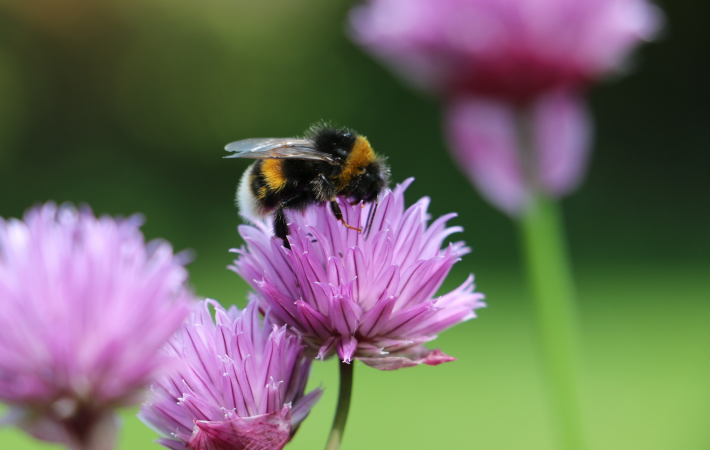
‘Natural capital’ has been a buzzword for a little while now. It describes the economic benefits of nature, particularly natural environments attached to farmland or development sites. However, it’s not exactly obvious what that might look like in practice.
This November, the biodiversity net gain requirements come into force under the Environment Act 2021. These mandate landowners to leave the natural environment in a measurably better state than it was beforehand. It requires that planning permissions will result in a 10% uplift in the biodiversity for any development site but this percentage can vary depending on the relevant local authority. Initially, it will apply to larger developments, before smaller sites are then required to meet the requirements from April 2024.
The potential good news for the farming community is that developers may purchase ‘biodiversity units’ from other land, if they’re unable to meet the requirements on their own development. You can sell biodiversity units for your land if you are the landowner, the long-term leaseholder, the tenant farmer, or a business or organisation that carries out habitat creation or enhancements.
These units may be worth a decent amount on the basis they will open up the ability to develop land. You could also combine biodiversity net gain with other private benefits or payments for environmental improvements.
There are clearly a number of practical items to consider such as working out the baseline from which biodiversity will be measured. There are also restrictions, for example, you cannot sell biodiversity units when you are already required to create or enhance habitat for restocking trees or remediation under the environmental damage regulations.
You may also need to gain consent from Natural England if your land is a protected site. Further, it is important to consider the general impact on your land prior to any legal agreement.
By selling biodiversity units, you will be making a commitment to managing the habitat for at least 30 years, which is clearly a long time. If you are a tenant registering someone else’s land, you will be required to provide proof that you have the landowners consent to show you can commit to 30 years.
Lastly, you will need to agree a habitat management and monitoring plan with the local authority and there will also be a registration obligation for Biodiversity Net Gain sites from November 2023.
If you’d like advice around your obligations surrounding the Biodiversity Net Gain Scheme or if you’re considering buying or selling biodiversity units, contact our agriculture team today.

Contact James to discuss this further.